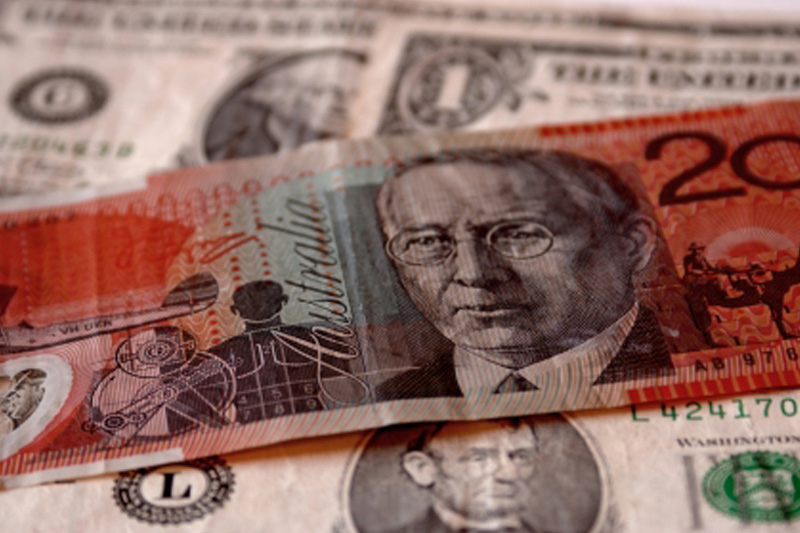Asia FX: Aussie surges on hawkish RBA, yen strengthens amid BOJ speculation
Most Asian currencies firmed on Thursday with the Australian dollar logging strong gains after Reserve Bank Governor Michele Bullock said the bank will not hesitate to hike interest rates further to quell inflation.
The Japanese yen also strengthened, steadying from a decline in the prior session as data from the Bank of Japan reiterated the bank’s hawkish rhetoric, despite recent comments from BOJ officials downplaying the prospect of rate hikes.
Broader Asian currencies found some strength as the dollar retreated amid persistent concerns over a U.S. recession and falling interest rates. But fears of a slowdown also kept appetite for risk-driven assets limited.
The dollar index and dollar index futures both fell 0.2% in Asian trade. Australian dollar surges as Bullock threatens rate hikes
The Australian dollar was the best performer in Asian markets, with the AUDUSD pair surging 0.7%.
Gains in the Aussie came after RBA Governor Bullock said that the bank will not hesitate to raise interest rates over more upside risks to inflation.
The central bank had kept rates steady at a meeting earlier this week, but had presented a hawkish rhetoric in the face of sticky inflation.
But with Bullock explicitly threatening more rate hikes, traders were seen pricing such a possibility into the Aussie, which benefited the currency. Japanese yen firms amid BOJ-induced volatility
The Japanese yen firmed on Thursday after clocking steep losses in the prior session. The USDJPY pair fell 0.2% to around 146.36 yen.
The pair had clocked wild swings in recent sessions, initially falling as far as 141 on safe haven demand and as the BOJ hiked interest rates and flagged more increases this year.
The yen then pulled back after some BOJ officials downplayed the central bank’s hawkish rhetoric on Wednesday.
But a summary of opinions of BOJ members released on Thursday showed several policymakers were in favor of raising interest rates further, and that they saw rates reaching a neutral level with the economy at 1%- implying an at least 75 basis point upside from current levels.
Despite recent volatility in the yen, the currency was still sitting on a stellar recovery over the past month, as it also benefited from an unwinding carry trade.
Broader Asian currencies drifted higher. The Chinese yuan’s USDCNY pair fell 0.2% after a series of stronger-than-expected midpoint fixes. This helped the currency weather middling trade data released on Wednesday.
The Singapore dollar’s USDSGD pair fell 0.2%, while the South Korean won’s USDKRW pair rose 0.2%.
The Philippine peso’s USDPHP pair fell 0.4% after gross domestic product data showed the economy grew as expected in the second quarter.
The Indian rupee’s USDINR pair remained close to record highs above 84 rupees, moving little after the Reserve Bank of India kept interest rates unchanged as expected.
Source: Investing.com
